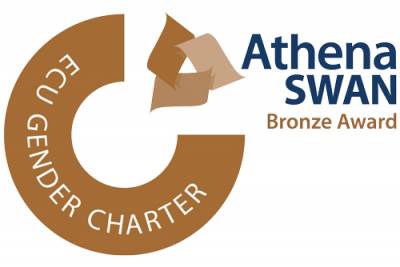UCL is committed to your wellbeing and safety and tries to give assistance wherever possible to ensure that your studies at UCL are a fulfilling, healthy and enjoyable experience. There is a wide range of support services, the most important of which are listed here. More information is available from the Student Support and Wellbeing and the Student Centre.
(1) UCL out of hours support: UCL 24/7 Student Support Line, is a free, confidential wellbeing support service available 24 hours a day, 7 days a week, 365 days a year. You can talk to an adviser by phone on +44 (0) 808 238 0077. UCL 24/7 Student Support Line is offered as part of the three ways you can access support services:
- Go online through askUCL
- Visit the walk-in UCL Student Enquiries Centre
- Call the UCL 24/7 Student Support Line
In-the-moment support is available via the UCL 24/7 Student Support Line, in 35+ languages, including sign. You will be able to speak to an adviser who can help you through any issues you are facing. This may include feeling anxious, stressed, having money worries, cultural differences, homesickness, addiction, relationship difficulties, bereavement, bullying, harassment and sexual misconduct or anything you feel is impacting your mental health, wellbeing, or time at UCL.
The advisors reflect the diverse range of backgrounds needed from our students. You can curate your own experience by selecting to speak to a male/female, a BAME or an advisor with additional training in LGBTQ+ related issues.
(2) Student Psychological Services: You can self-refer here. The waiting list, depending on urgency, is between 2 and 5 weeks. The PhD Tutor can help you fast-track an appointment if needed.
(3) The International Student Support and Welfare Team provide specialist support and advice for all non-UK students at UCL. As well as immigration information, they help to support students through the transition to university in the UK by organising the International Student Orientation Programme (ISOP) at the start of each term, and arranging regular workshops for international students which tackle particular issues. Further information: International Student Support and Welfare
(4) A Doctor's practice at University: You may already be registered with a GP at your home address. However, the nearby Ridgmount Practice (formerly Gower Place Practice) can see UCL students relatively quickly.
(5) Student Disability Services: If you have a chronic problem, Student Disability Services can put provisions in place to make life easier for you. Some disabilities are relatively obvious, such as visual impairment, but conditions like chronic stomach pain or a mental health issue might be counted as disabilities by the UCL Disability Services. The service can arrange standing extensions, special exam arrangements, mentoring, reasonable adjustments etc.
(6) Student Support and Wellbeing: This is primarily a triage/redirecting service in which you have a one-to-one conversation (in person or by phone) with a student support worker, who can then suggest the right course of action. They have a psychiatrist present on Tuesdays. Often they will refer you to one of the other services, but some students have reported that they felt supported by being able to have this conversation with someone outside the Department. You can make an appointment with this form.
(7) Interruption and Extensions: With medical support you can apply for an interruption to your programme, or an extension CRS. Please contact the PhD Tutor or your supervisor for advice.
Student Academic Representatives for research students represent the views and interests of MPhil/PhD students within the Department and Faculty. They are also a point of contact for the UCL Student Union (UCLU) and are aware of developments affecting students at all levels in the College. For current representatives please see the staff-student committee page.
If you have any worries or concerns please feel free to contact any of the student representatives, and they will be happy to help you get the help or support you need either from the Department or from the appropriate office within UCL.
- UCL's wellbeing video
- Ruby Wax's mindfulness video
 Close
Close



